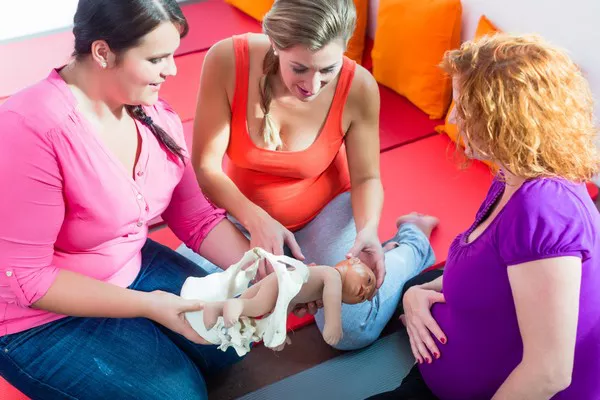Welcoming a new baby into your life can be an exciting and joyful experience. Along with the many joys of parenthood come many new responsibilities, one of which is keeping your newborn clean and healthy. However, when it comes to bathing your newborn, you may find yourself unsure of how often to do it. Today, we’ll discuss how often you should bathe your newborn and some important factors to consider.
Why is bathing important for newborns?
Bathing is an essential part of keeping your newborn clean and healthy. It helps to remove dirt and bacteria from their skin, which can cause irritation or infection. Additionally, bathing can be a soothing and relaxing experience for your baby, helping them to feel calm and comfortable.
How often should you bathe your newborn?
The frequency of bathing your newborn depends on several factors, including their age, skin type, and overall health. Here are some general guidelines to follow:
- Newborns:
During the first few weeks of life, babies do not need to be bathed every day. In fact, it’s recommended to wait until their umbilical cord stump falls off before giving them a full bath. Until then, you can sponge bathe your baby using a soft cloth or sponge and warm water. Focus on cleaning their face, neck, hands, and diaper area.
- Infants:
Once your baby’s umbilical cord stump falls off, you can start giving them full baths. It’s generally recommended to bathe infants up to three times per week, as their skin is delicate and doesn’t require frequent washing. Bathing your baby too often can actually strip their skin of natural oils, leading to dryness and irritation.
- Older babies:
As your baby gets older and becomes more active, they may need to be bathed more frequently. For babies who are crawling or walking, a daily bath can help to remove dirt and sweat. However, it’s important to keep in mind that over-bathing can still lead to dry skin and irritation, so you should always monitor your baby’s skin and adjust the frequency of baths as needed.
Factors to consider when bathing your newborn
In addition to the frequency of baths, there are several other factors to consider when bathing your newborn:
- Water temperature:
Make sure the water is warm, but not too hot. The ideal temperature for bathing a newborn is between 90 and 100 degrees Fahrenheit. You can test the water with your elbow or wrist to make sure it’s not too hot.
- Bathing products:
When it comes to bathing your newborn, less is more. Use gentle, fragrance-free soap and shampoo designed specifically for babies. Avoid using adult products or those that contain harsh chemicals, as they can irritate your baby’s skin.
- Drying:
After bathing, gently pat your baby dry with a soft towel. Avoid rubbing their skin too hard, as this can cause irritation. Make sure to dry all of the folds and creases in their skin to prevent moisture from building up and causing irritation or infection.
- Timing:
Choose a time of day when your baby is calm and relaxed for bath time. Avoid bathing your baby when they are hungry, tired, or fussy, as this can make the experience stressful for both you and your baby.
Conclusion
Bathing your newborn is an important part of keeping them clean and healthy. However, it’s important to keep in mind that newborns do not need to be bathed every day and over-bathing can actually lead to dry skin and irritation. By following these guidelines and considering the factors outlined above, you can ensure that your baby’s bath time is a safe, comfortable, and enjoyable experience for both you and your little one.


